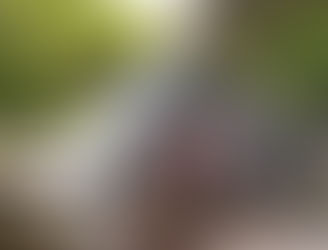New paper published in the Journal of Medical Entomology
- chloelahondere
- Sep 7, 2021
- 2 min read
Our study on the development of an ATSB against Aedes. j. japonicus led by Master student Lauren Fryzlewicz and undergraduate researcher Ash VanWinkle has been published in the Journal of Medical Entomology. Check it out here!
Abstract: Both female and male mosquitoes consume sugar meals to obtain carbohydrates used for energy. This behavior has recently been identified as a possible mosquito control target, as the World Health Organization has urged for the development of integrated vector management. This is critical as many medically important mosquito species are developing insecticide resistance, resulting in current control strategies becoming less effective. Additionally, the traditional use of insecticides is detrimental to many beneficial insects such as pollinators. The main goal of this study was to develop an attractive toxic sugar bait (ATSB) to limit the populations of a local invasive mosquito, Aedes j. japonicus (Theobald) (Diptera: Culicidae). An ATSB is a lure bait composed of an attractant odorant, a toxic component, and sugar that the mosquitoes can feed on. ATSBs are cost-effective, sustainable, environmentally friendly, and can be species-specific. Mosquitoes were isolated into cages or cups and each group had access to either a toxic sugar solution (containing boric acid), a control solution or a choice between the two. We tested multiple fruits, including mango, peach, blueberries, and blackberries, as well as a soda and grape juice and monitored their survival for 96 h. We found that this species fed on all tested fruit solutions and that the groups that imbibed toxic solutions died within 48 h, indicating that boric acid is an effective oral toxin against Ae. j. japonicus. Further experiments will be conducted in the field to determine the ATSBs efficacy and to monitor potential effects on off-target species.






























Comments